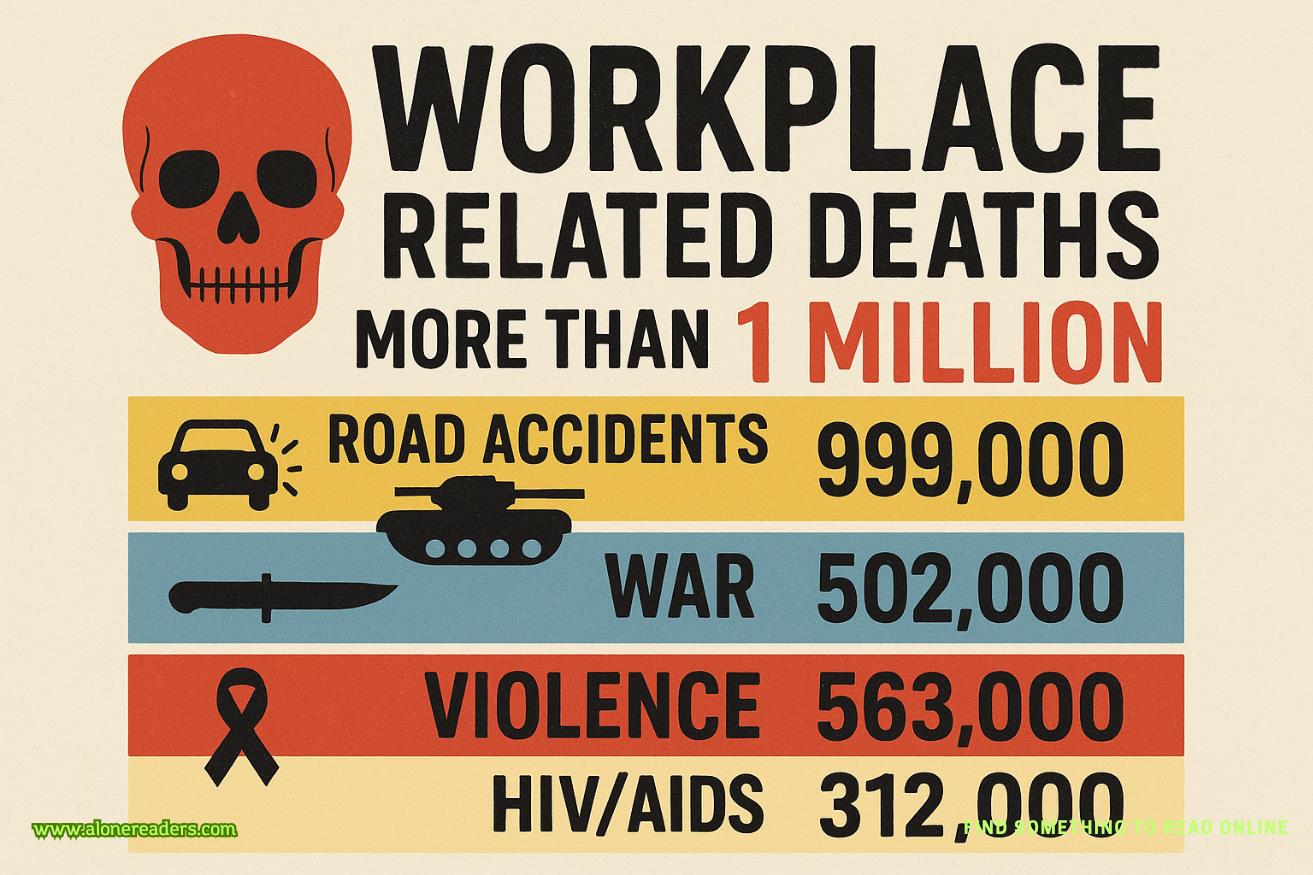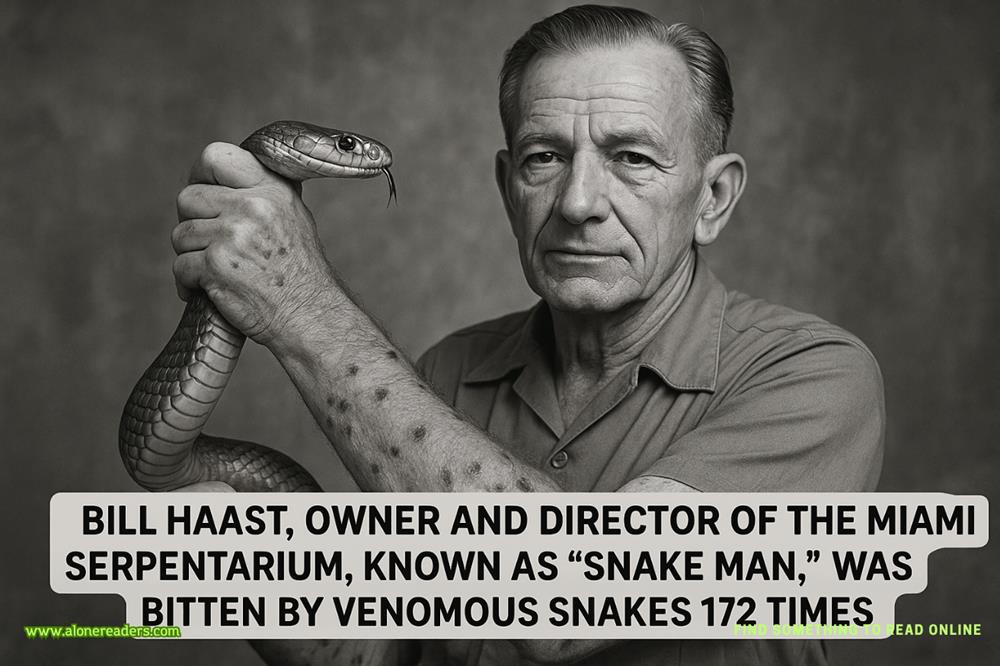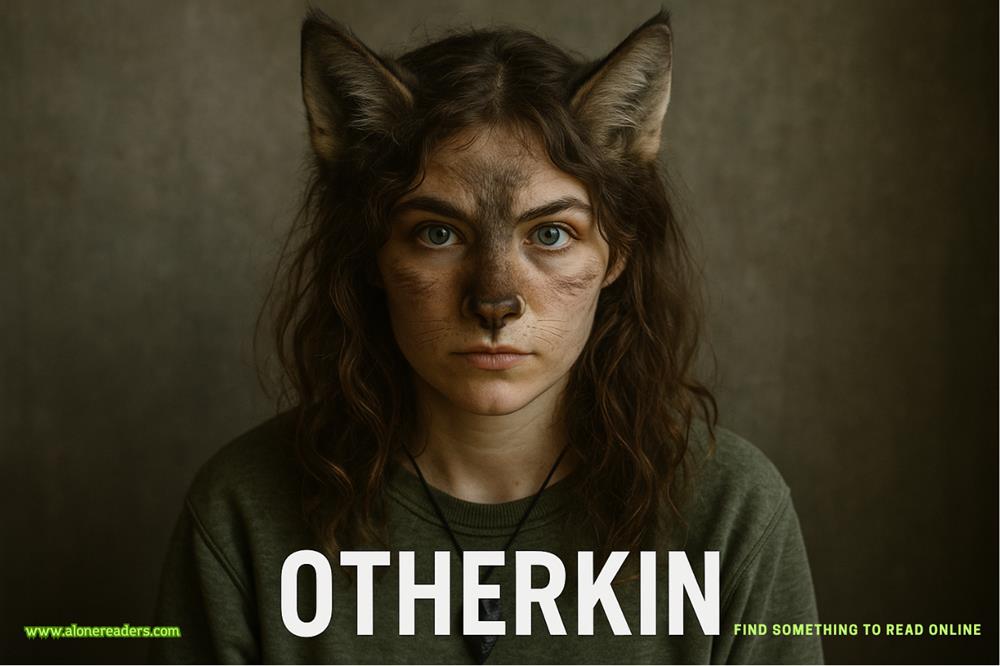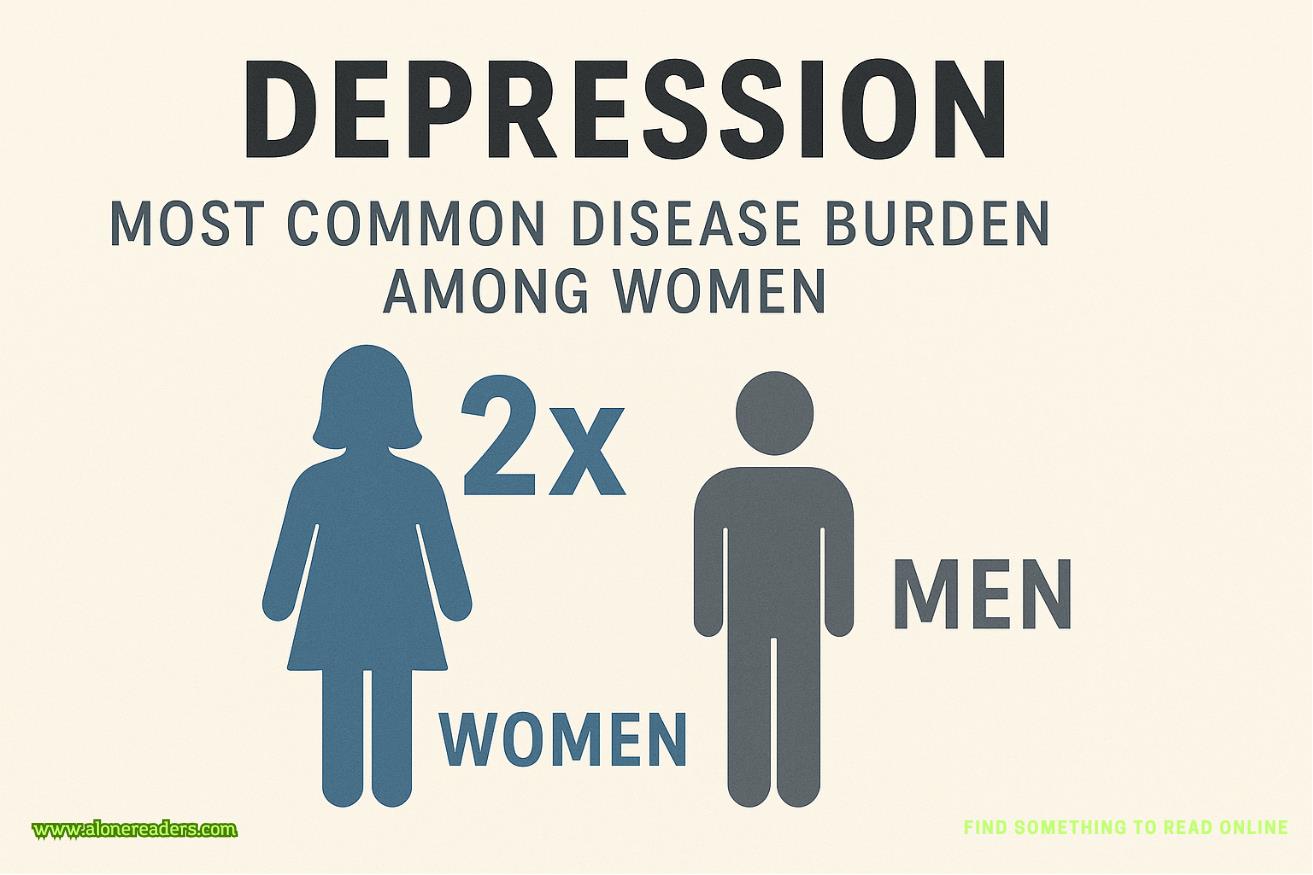Page 34 of A Tale of Ice and Ash
“It’s not that.” The Huntsman sighed. “It’s more about what comes next.”
Climbing to the top of the mountain did not take as long as she’d feared. In the five years since she’d been gone, great mechanical lifts had been installed at the base of the winding path leading up to the city. Eirwen had seen similar contraptions Under the Mountain, so they didn’t surprise her as much as they might have, but she still let out a gasp when it thundered beneath her, climbing up the rocky ladder.
“These are incredible,” she said.
The Huntsman shrugged. “I never saidallher ideas were terrible,” he said. “Although I suspect this one was more to make it easier for foreign dignitaries to attend her frequent parties.”
The lift shuddered to a stop. Eirwen pulled up her hood. It would be almost impossible for her to be recognised –no one in the city would have known her well enough as a child to have even a whiff of remembrance as an adult– but she still felt exposed, walking under the iron gates, like a snowdrop rearing its head too early, before winter had even passed.
The Huntsman nudged her shoulder. “You’ll be all right by yourself?”
Eirwen nodded. If she could handle the Underground, she could handle this. “Yes, thank you.”
“Good. I have… business to attend to. Stay outside of the castle grounds today.”
“But–”
“Don’t stay too long. Don’t see more than you have to.”
“What do you–”
But the Huntsman had already disappeared.
Eirwen moved through the streets, through the throngs of people, towards places all at once familiar and utterly foreign. It was like a thin veneer of grey had washed over the city, an illustration left too long in the sun. The lustre of the place was gone. Ahead of her, a fountain she had played in as a child rose out of the crowd. The elaborate statue at the centre was polished and perfect, but there were no playing children in it now. No one smiled around her, not one. Everyone looked too exhausted and too hungry to summon even a faint whisper of a smile.
She brushed her hands against the stone. Her father had held her hand as she’d skipped on it, long, long ago.
No skipping now. No games. No moments of delight.
She examined the faces of those passing her by, not one rising to make eye contact. Hundreds of empty, listless eyes, faces paled by more than the cold, pinched by hunger and slow, lingering illness.
I am not sure what will remain of Aberthor if the queen reigns another year.
Eirwen already thought she knew. How many of these faces would not survive the winter?
She moved silently through the streets, each one paved with memory, a dusting of some lighter, happier time. She stopped to eat, only briefly, barely hungry enough to swallow but knowing she needed something in her. She felt guilty for what she had, and handed her apple to a lone child without a word.
Whatever good a single apple would do.
A low drum beat through the gloom, emanating from the castle. Eirwen knew the sound. It was a rare but horrible occurrence, or it had been, in her time as princess. An execution.
She ignored the Huntsman’s warning, and followed the crowd, making their way through the gates into the courtyard.
On a raised platform, a prisoner stood in chains before a wooden block. He was flanked by guards. Behind him stood a masked figure, tall and broad-shouldered. Eirwen could recognise him even at a distance. The Huntsman. In his grip, he brandished a giant axe.
Oh, oh no...
High above, on a balcony, stood two further figures and an entourage of guards. One was Cole, visible from a distance with his black hair and slim, dark form. There was a stiffness gripping every muscle, like a statue placed there by someone else.
The second figure was Queen Bianca.
She was wearing a dress the colour of crusted blood, and had swapped the usual crown –a woven band of silver– for a spiky, golden monstrosity. Her cold radiance flooded across the crowd as she raised the sceptre in her hand.
She was as ageless as the stars, as young as she had been the day she stepped out of the carriage, seven years ago. Eirwen had not thought it odd when they met, but she now looked barely any older than her son.
“Loyal subjects,” she said, her voice like ice, “before you, we see a man condemned for trying to incite rebellion in our peaceful realm, a crime punishable by death. We shall not tolerate such treason. Justice must be swift and true. It is the only way to maintain order. I swear to you, I shall not rest until we have stamped out any flames of rebellion, lest it set fire to our beautiful capital. Prisoner, have you any last words?”
The man trembled, unable to speak. Eirwen looked around her, hoping that someone else would say something on his behalf. Her throat tightened. Her voice vanished. She could not cry out either.















